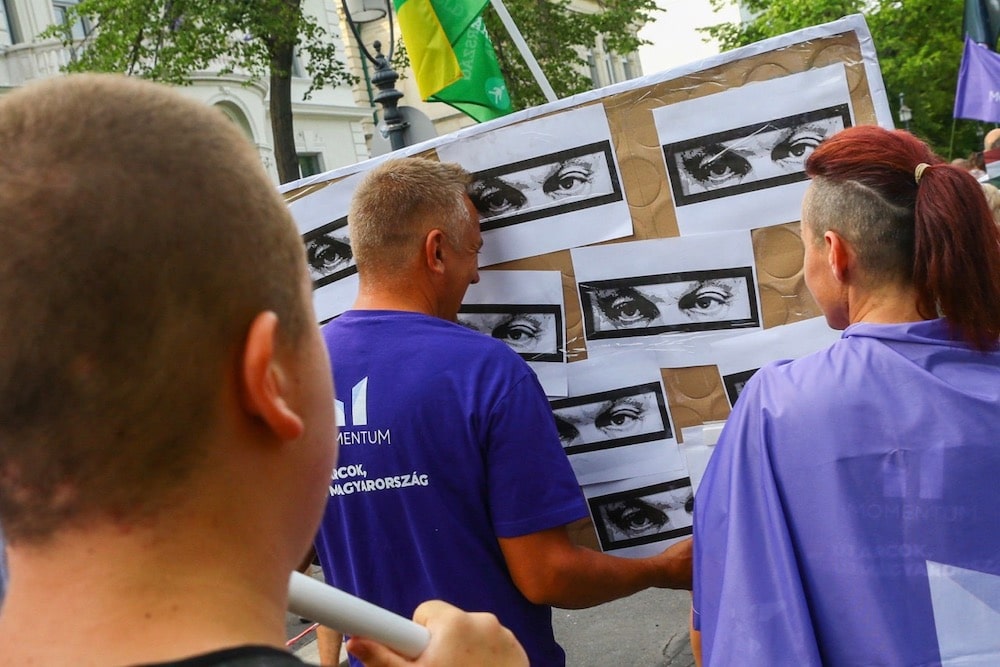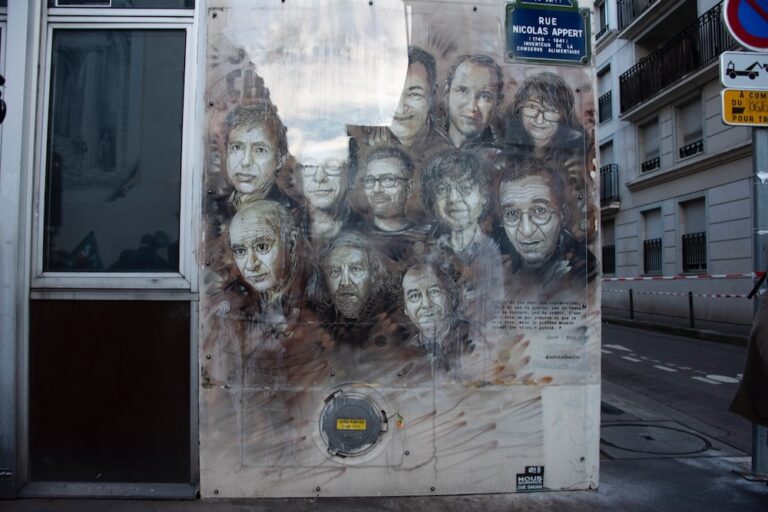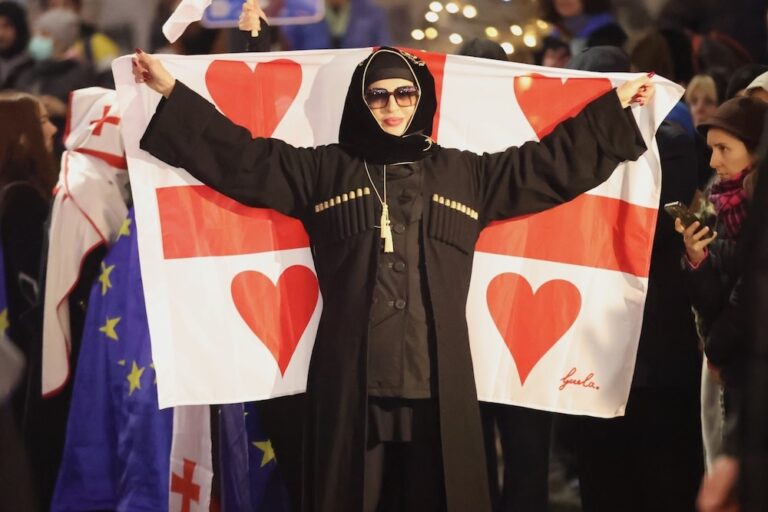"Often, the scope and effectiveness of EU actions in support of press freedom reflect the gap between the values-based narrative that the EU tells about itself and the reality of how it and its member states pursue their interests" - CPJ
This statement was originally published on cpj.org on 27 April 2023.
By Jean-Paul Marthoz and Tom Gibson
The European Union is facing numerous challenges as it seeks new ways to uphold its commitment to press freedom. This special report – a follow-up to the Committee to Protect Journalists’ 2015 report “Balancing Act: Press freedom at risk as EU struggles to match action with values” – examines the EU’s response to threats such as murders of journalists, pandemic-related media controls, spyware, and the war in Ukraine. The report also includes CPJ’s recommendations to EU institutions and member states on protecting independent media and journalist safety.
Executive summary
The European Union traditionally has been considered among the world’s safest and freest places for journalists. However, increasing pressure on press freedom in Europe has forced EU institutions to find ways to push their 27 member states to uphold their commitments to freedom of expression and the rule of law.
Often, the scope and effectiveness of EU actions in support of press freedom reflect the gap between the values-based narrative that the EU tells about itself and the reality of how it and its member states pursue their interests.
The last election for the European Parliament took place in 2019 against a backdrop of rising populism and concern about illiberal1 governments like Hungary and Poland trampling on the rule of law, including press freedom. Maltese journalist Daphne Caruana Galizia and Slovak journalist Ján Kuciak had been murdered in connection with their work. Other journalists had been censored, spied upon, harassed online, overwhelmed with disinformation, subjected to abusive lawsuits, charged with revealing state secrets, beaten while covering street protests, banned from public meetings, or lambasted by politicians.
The EU’s next parliamentary election will take place in 2024. Much has changed in the media landscape since EU citizens last went to the polls. Brussels, the shorthand reference for major EU institutions like the European Commission, the Council, the European Parliament, and the Court of Justice, has increasingly recognized that while journalists played a key role in defending EU interests and values, the EU was not doing enough to protect them – and that this needed to change. Renewed will and a strengthened mandate from the European Commission after 2019 saw Brussels pledge to tackle issues from journalist safety, the economic undermining of independent journalism through media capture, and the vexatious lawsuits known as Strategic Lawsuits Against Public Participation (SLAPPs). EU legislation like the Journalist Safety Recommendation, the anti-SLAPP Directive, and the European Media Freedom Act spelled out a positive new direction for the EU.
Professional associations and press freedom groups have also strengthened networks and coalitions that increased their profiles and enhanced the importance of press freedom within the EU institutions, pushing for common EU policies to support journalists and guarantee their safety.
At the same time, new challenges have arisen. Overall, the EU’s shift still needs to be translated into meaningful action within member states. Some governments used the COVID-19 pandemic to control the media, including restricting access to journalists and withholding public-interest information. Russia’s all-out invasion of Ukraine in 2022 has tested the EU’s ability to protect journalist safety.
Other problems persist too.
In 2015, the Committee to Protect Journalists published “Balancing Act,”2 a special report noting the delicate diplomatic and political way in which the EU was forced to operate given the constraints of a weak legal arsenal and limited ability to change recalcitrant behavior in member states. The report noted that the capacity of the EU was limited to how much power member states were ready to concede to Brussels.
Many other concerns remain. Draft and active digital legislation threatens journalists’ right to privacy and encryption. Trade secrets pose a routine obstacle to legitimate public interest reporting. The EU institutions themselves are far from fully transparent; the European Commission’s handling of access to information requests can result in either restricted information or delayed responses. Journalists interviewed by CPJ say that the ease and flow of the Commission’s media interactions vary, often depending on its relationship with individual outlets or sensitivity on certain subjects.
As CPJ noted in 2015, defending press freedom at home sets an example internationally. However, the EU’s foreign relations strategy for dealing with autocrats who violate journalists’ rights often still lacks uniformity or clarity. The frameworks, response mechanisms, and guidelines are all there and can be effective. The question is the extent to which EU officials abroad know or make use of them and how local trade or political considerations hamper local diplomats’ forceful defense of press freedom in third countries.
This 2023 report, “Fragile Progress,” provides a snapshot of the current state of play regarding the EU institutions and press freedom in recent years. Based on CPJ’s own research and interviews with journalists, press freedom advocates, and EU insiders3, it finds that much progress has been made, but combating entrenched pressure on and threats to journalists in Europe – and setting an effective example for governments around the world – still requires improved and sustained action from Brussels.
The report also includes CPJ’s recommendations to EU institutions and member states on defending press freedom and ensuring journalist safety. Chief among these are:
- Remedying problematic EU legislation, policy, or practice that restricts the work of journalists or threatens press freedom.
- Ensuring that positive press freedom reforms taken by the EU – including the Rule of Law Mechanism, the draft European Media Freedom Act, and the draft anti-SLAPP Directive – are robust enough to become effective tools in the defense of press freedom.
- Continuing to demonstrate international leadership by strengthening its full range of available political, diplomatic, and emergency assistance to all journalists at risk and in need of help, safe shelter and support.
- Ensuring that the next European Commission, in place in 2024, has a strong press freedom mandate and vision.



